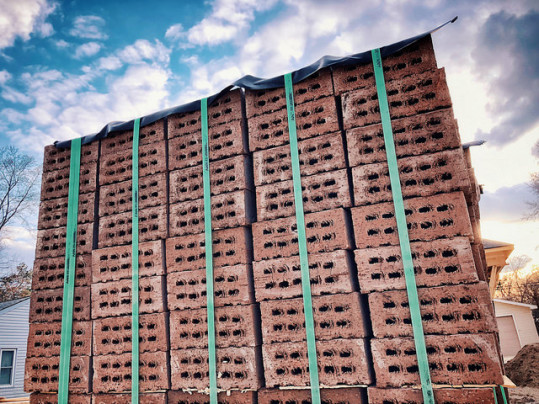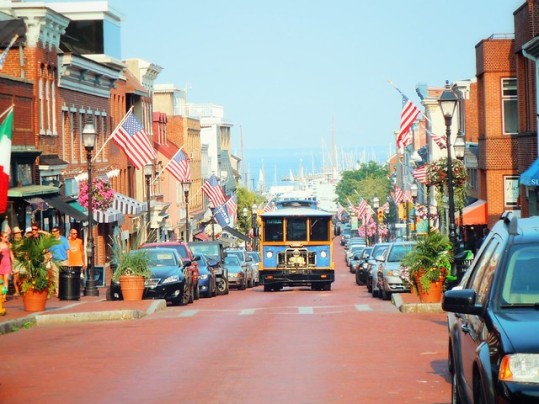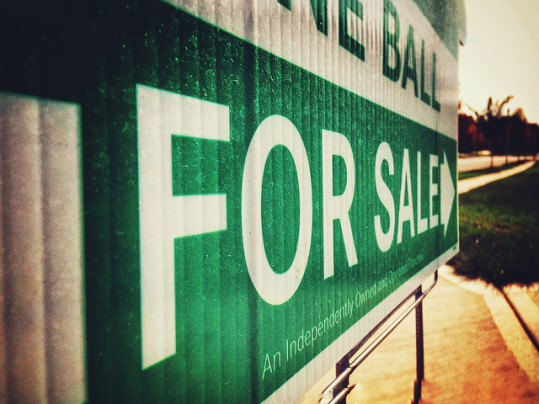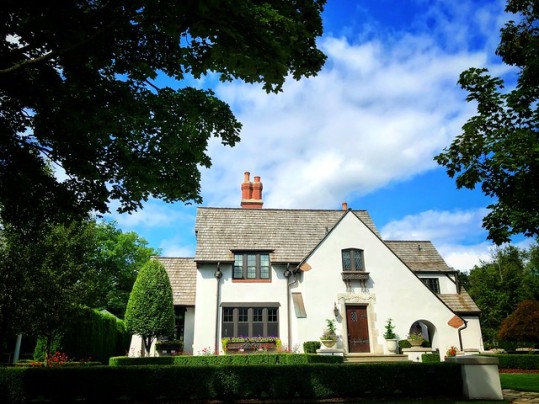Last month, the National Association of Home Builders’ Housing Market Index – which measures builders’ confidence in the market for newly built, single-family homes – dropped 42 points to 30, on a scale where any number below 50 indicates more builders see conditions as poor than good. It was the first time the index fell below 50 in more than five years. But despite registering the largest one-month change in its history, the index has already begun to bounce back. In fact, the most recent results show a seven point increase month-over-month, with the component measuring expectations for the next six months up 10 points to 46. It’s another indication that the housing market may already be rebounding. Robert Dietz, NAHB’s chief economist, says low mortgage rates are helping keep buyers interested. “Low interest rates are helping to sustain demand,” Dietz said. “As many states and localities across the nation lift stay-at-home orders and more furloughed workers return to their jobs, we expect this demand will strengthen.” Regionally, only the Northeast saw a decline, while the Midwest, West, and South posted gains between seven and 12 points. (source)
Archive for May 2020
Interest In Small Towns And Rural Areas Booms
The coronavirus hasn’t just changed the way we shop for homes. It’s also changed where we shop for homes. In fact, according to new data from one consumer real estate portal, prospective home buyers have been showing increasing interest in moving away from city centers and into less densely populated areas. For example, views of homes in small towns were up 105 percent year-over-year during the week ending May 1. In rural counties, page views climbed 76 percent. The surge in interest is even more impressive when compared to the significantly smaller 16 percent increase in views for homes in urban areas with populations of more than 1 million people. This can be partly explained by concern over the virus, though another explanation would be that an increasing number of Americans are now primarily working from home and free to move further from the office. But will this trend continue? Well, it’s hard to say but interest in rural counties, while still surging, was far higher in April, when views spiked 170 percent year-over-year. (source)
Number Of New Listings Shows Improvement
Naturally, the coronavirus and efforts to slow its spread have affected the housing market. Early on, surveys showed home sellers were more pessimistic about conditions than buyers were. As a result, the number of homes for sale took a hit, as homeowners who had planned to sell this spring delayed their plans and took a wait-and-see attitude. But new data from the National Association of Realtors’ consumer website shows that the number of new listings is starting to improve. While still far below last year’s levels, the volume of newly listed properties has gone from being down 43 percent at the end of April to being 29 percent below year-before levels as of last week. At this point, more than two thirds of large metropolitan areas have improved. That improvement offers hope that more gains could be on the horizon. Danielle Hale, chief economist for the site, says it’s a positive sign, though there’s still a long way to go. “While new listings are still declining on a yearly basis, last week’s jump shows some sellers are ready for a summer home sale – a positive sign for the market,” Hale said. “But despite this uptick, time on market continues to increase and there’s a long road ahead to getting back to last year’s pace of new sellers.” (source)
Applications For Loans To Buy Homes Spike
According to the Mortgage Bankers Association’s Weekly Applications Survey, applications for loans to buy homes rose 11 percent last week. The improvement puts demand for purchase loans just 10 percent below where it was last year at the same time. Last month, it was down as much as 35 percent. Joel Kan, MBA’s associate vice president of economic and industry forecasting, says the gains are expected to continue as states lift some of their coronavirus mitigation measures. “There continues to be a stark recovery in purchase applications, as most large states saw increases in activity last week,” Kan said. “We expect this positive purchase trend to continue – at varying rates across the country – as states gradually loosen social distancing measures, and some of the pent-up demand for housing returns, in what is typically the final weeks of the spring home buying season.” Also in the report, average mortgage rates remain near record lows, though there was a small increase in rates for 30-year fixed-rate mortgages with conforming loan balances. The MBA’s weekly survey covers 75 percent of all retail residential mortgage applications. (source)
Raise Your Home’s Value By Improving Its Exterior
Everyone knows you shouldn’t judge a book by its cover. But while that’s definitely true for books, it isn’t necessarily the case for homes. The outside of a house can tell a prospective home buyer a lot about how well a house has been maintained. That’s why, the Appraisal Institute recommends homeowners improve their home’s exterior and landscaping, if they want to increase its value. “A home with lackluster landscaping or an exterior in desperate need of a fresh coat of paint will likely be unappealing to prospective buyers and ultimately could affect the home’s potential resale value,” Jefferson L. Sherman, president of the Appraisal Institute, says. The institute recommends removing weak, old, or damaged trees, keeping landscape design in line with comparable properties in the area, and taking care of your lawn. And, since the National Association of Realtors says standard lawn care services recover 267 percent of their cost at resale, there’s no excuse not to. Other landscape maintenance projects that recoup all, or most, of their cost include tree care and irrigation system installation. (source)
Millennials Say They Don’t Feel Secure At Home
When considering where to live, there are some factors that are based on your specific preferences and others that are universal. For example, we may not all agree on the style of house we’d like but we all value our privacy. Security is another thing we can all agree on. Nobody wants to live somewhere where they don’t feel safe. That’s why, a new survey from Allegion is an eye opener. The survey, which asked millennials about their living situation, expectations for the future, and their sense of security found that the vast majority of them say they don’t feel safe at home. In fact, 74 percent of respondents said they don’t feel secure. That’s a surprisingly high number. However, some of that is due to the fact that millennials are younger and more likely to live in apartment buildings, where they have less control over their security. But other issues like package thieves – which nearly 40 percent of Millennials say they’ve been a victim of – aren’t specific to multifamily living. Fortunately, technological advances such as smart security systems and video doorbells continue to offer us new ways of securing our homes and keeping our families safe. (source)
One In Four Properties Considered Equity Rich
Approximately one in four of the 54.7 million mortgaged homes in the United States was considered equity rich in the first quarter of 2020, according to new numbers from ATTOM Data Solutions. Equity rich refers to when the amount owed on a property is 50 percent or less of the property’s value. Conversely, just one in 15 homes was considered seriously underwater. Todd Teta, chief product officer with ATTOM, said while homeowners were in a strong position at the beginning of the year, the coronavirus could potentially affect their standing as time goes on. “In the latest marker of the ongoing housing market boom, mortgage payers were four times as likely to have homes worth considerably more than what they owed on their loans than considerably less,” Teta said. “But as with other rosy first-quarter reports, this one needs to be taken in the context of the looming impact of the coronavirus pandemic. With the potential for home values to fall, there is a significant chance that equity levels could drop over the coming months while underwater levels rise.” Still, the combination of low for-sale inventory and pent-up buyer demand suggests home prices will remain firm and any declines will be moderate. (source)







